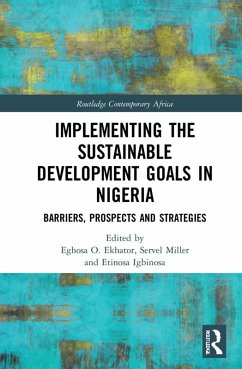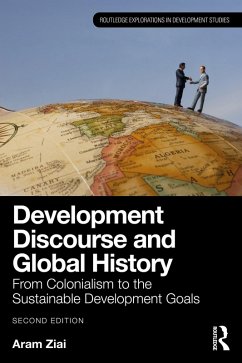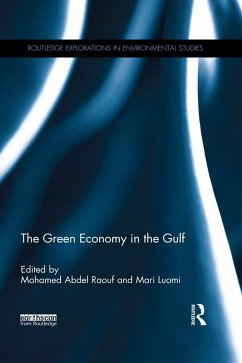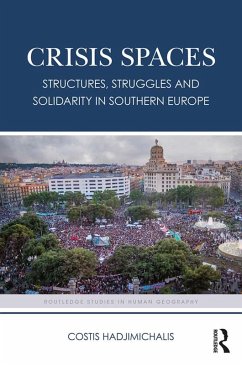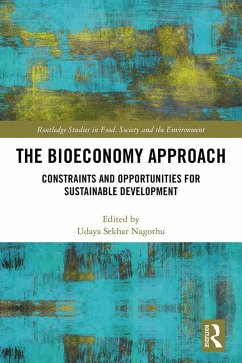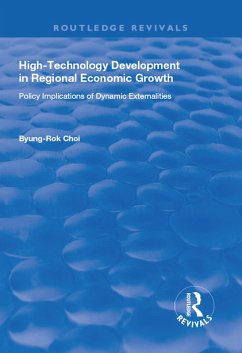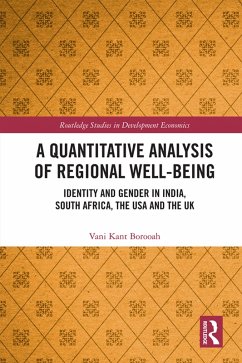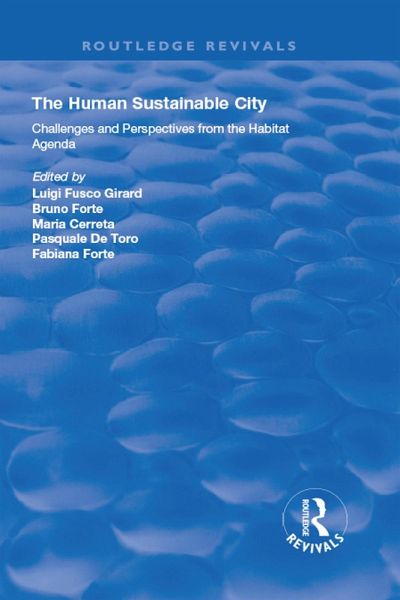
The Human Sustainable City (eBook, ePUB)
Challenges and Perspectives from the Habitat Agenda
Redaktion: Girard, Luigi Fusco
Versandkostenfrei!
Sofort per Download lieferbar
49,95 €
inkl. MwSt.
Weitere Ausgaben:

PAYBACK Punkte
25 °P sammeln!
This title was first published in 2003. Seven years after Habitat II culminated with the Istanbul agreement on Sustainable Urban Development, this book brings together many of the world's leading experts from the fields of architecture, urban planning, economics, sociology, politics, environment and geography to assess the successes and failures in fulfilling the objectives decided upon at this historic meeting. Illustrated with a wide range of case studies, this volume is divided into three main sections; firstly examining the challenges, secondly, the approaches, and finally, the practices. ...
This title was first published in 2003. Seven years after Habitat II culminated with the Istanbul agreement on Sustainable Urban Development, this book brings together many of the world's leading experts from the fields of architecture, urban planning, economics, sociology, politics, environment and geography to assess the successes and failures in fulfilling the objectives decided upon at this historic meeting. Illustrated with a wide range of case studies, this volume is divided into three main sections; firstly examining the challenges, secondly, the approaches, and finally, the practices. The book represents a critical appraisal not only of the issues related to urban development but also of the modalities to face these issues from real examples, these in return can be used as starting points to construct new 'real utopias' or at least, to future 'best practices'.
Dieser Download kann aus rechtlichen Gründen nur mit Rechnungsadresse in A, B, BG, CY, CZ, D, DK, EW, E, FIN, F, GR, HR, H, IRL, I, LT, L, LR, M, NL, PL, P, R, S, SLO, SK ausgeliefert werden.





